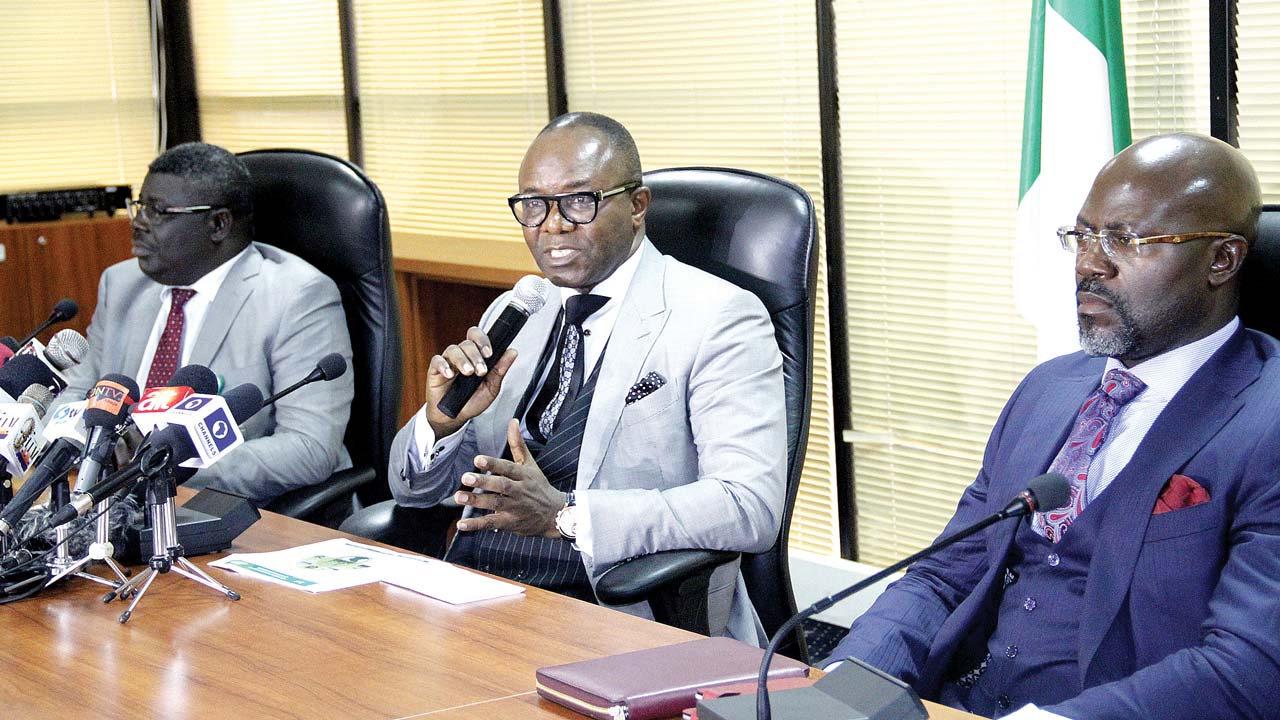
The Minister of State for Petroleum Resources, Dr. Ibe Kachikwu has allayed fears that the marginal fall in the prices of crude oil would impact negatively on the nation’s economy in the short-term.
Speaking in Abuja yesterday on the state of refineries and the possible impact of the fall in oil prices on the economy, he ruled out absolute sale of the three refineries in Warri, Port Harcourt and Kaduna.
He argued that the slight fall in crude oil prices was not an indication of failure of the measures put in place to prevent supply glut.
His words: “I think the Organisation of Oil Exporting Countries (OPEC) has taken some major steps to ensure that there is supply glut. The steps taken to mitigate the effect of shale oil are not large enough to also check its glut.
“I am worried that the prices are falling a bit. But not too worried because we know that the downward movement in the price of oil is momentary.”
Kachikwu, who blamed market instability on speculations by marketers, said the trend was a sign for Nigeria and other oil producing countries to begin to refine their crude oil in their countries rather than continue exporting crude.
“The inconsistency we are witnessing is caused largely by speculations by marketers and not that the fundamentals are solely responsible. OPEC members and non-members like Russia are working closely to ensure that that excess supply of shale is checkmated and the price should rebound very soon.”
“The Nigerian economy is not under any threat for now. The future is to focus on its refineries and increase capacity to refine crude oil within the country. That is what Nigeria should do, going forward,” he added.
Kachikwu also hinted that the country required about $1.4 trillion to repair the three refineries just as he ruled out total sale of the assets.
He said that Nigeria’s efforts were already yielding results in its search for financiers for the refineries but added that no financier has been selected just yet.



